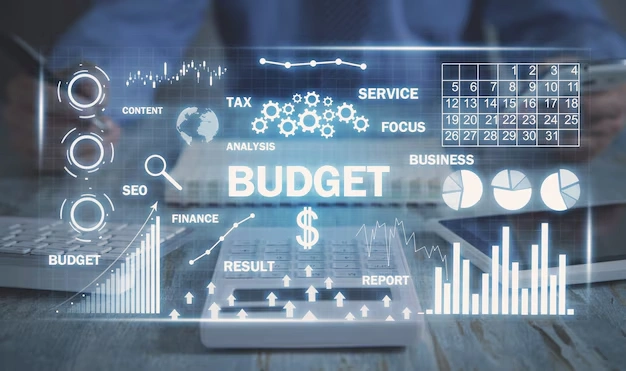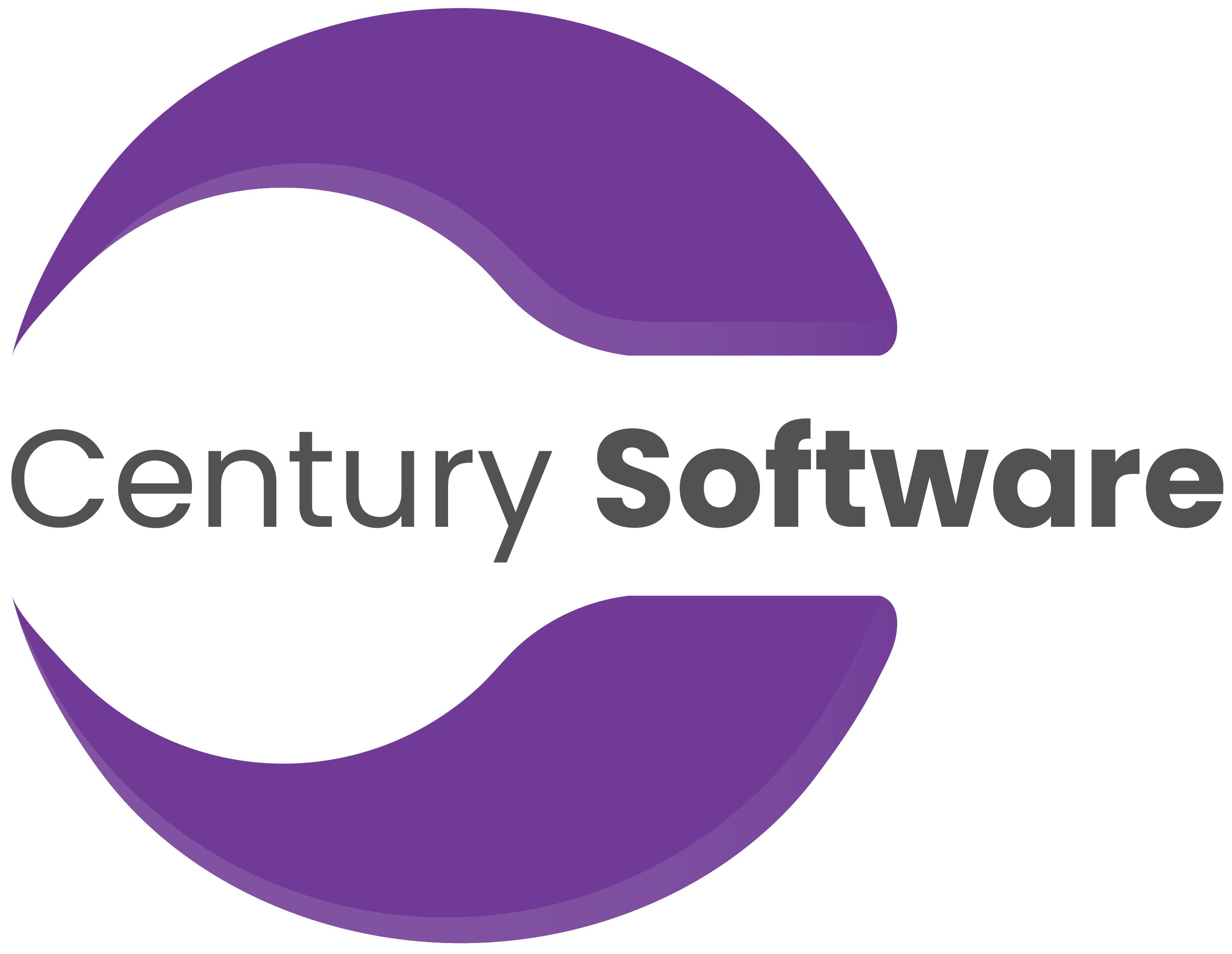How Business Budget Software Helps You Control Costs and Maximize Profit
In today’s competitive marketplace, profitability depends on how well a company manages its resources. Every decision — from procurement to marketing — impacts the bottom line. Yet, many businesses still rely on spreadsheets or outdated systems to plan and monitor their finances. The result? Missed opportunities, inefficiencies, and rising costs.
This is where business budget software steps in as a game-changer. By providing real-time financial visibility, automation, and data-driven insights, it empowers companies to take control of their spending and improve profitability.
Let’s explore how budget planning software can transform your financial management, reduce wasteful expenses, and help your business achieve sustainable growth.

Understanding Business Budget Software
Business Budgeting software is a digital tool that helps organizations plan, track, and manage their financial resources more efficiently. Unlike manual methods that rely on static spreadsheets, this software centralizes financial data and provides real-time insights into expenses, revenues, and forecasts.
It simplifies everything from creating annual budgets and tracking departmental spending to generating profit and loss reports. Moreover, many modern budgeting software for business solutions integrate with accounting platforms, ERP systems, and analytics tools — ensuring financial accuracy and seamless collaboration across departments.
The main goal? To give decision-makers the clarity they need to make smarter, faster, and more profitable choices.
The Challenges of Traditional Budgeting
Before diving into the benefits, it’s worth understanding why traditional budgeting methods fall short:
- Manual Errors: Spreadsheets are prone to data entry mistakes that can distort financial forecasts.
- Time-Consuming: Gathering data from multiple departments and systems is tedious and often leads to delays.
- Lack of Real-Time Insight: By the time data is consolidated, it’s often outdated — limiting its usefulness in decision-making.
- Poor Collaboration: Static files make it difficult for teams to share updates and align budgets effectively.
- Limited Scalability: As a business grows, manual budgeting becomes increasingly complex and unsustainable.
Business budget software eliminates these issues by automating repetitive tasks, reducing errors, and offering instant visibility into financial performance.
How Business Budget Software Helps You Control Costs
1. Centralized Financial Visibility
One of the biggest advantages of budgeting software for business is its ability to consolidate all financial data in one place. Whether it’s marketing spend, payroll, or operational expenses, everything is visible on a single dashboard.
This real-time view allows managers to identify overspending, track budget deviations, and make informed adjustments before small issues turn into financial setbacks.
2. Automation of Budgeting Processes
Manual budget tracking can eat up hours of valuable time. With business budget software, repetitive tasks such as data entry, report generation, and reconciliations are automated. Automation not only saves time but also ensures consistency and accuracy, minimizing the risk of costly mistakes.
3. Expense Categorization and Tracking
The software helps you categorize expenses — such as fixed, variable, or discretionary — making it easier to see where the money goes. When businesses understand spending patterns, they can cut down on unnecessary expenses and allocate resources more strategically.
For instance, if your company notices a spike in non-essential travel costs, you can quickly implement policies to curb that spending. These small changes, driven by insights from budget planning software, can significantly impact profitability.
4. Forecasting and Scenario Planning
Budgeting isn’t just about tracking expenses — it’s about anticipating the future. Business budget software includes powerful forecasting and scenario planning features that allow you to model different financial situations.
Want to see how a 10% increase in marketing investment would affect profits? Or what happens if raw material prices rise? The software can simulate these “what-if” situations, helping you make proactive decisions that align with your long-term goals.
5. Alerts and Notifications
Modern budgeting software for business includes automated alerts that notify managers when spending exceeds budget thresholds. These alerts ensure that corrective action can be taken immediately, preventing overspending and maintaining financial discipline.
How Business Budget Software Maximizes Profit
1. Improved Resource Allocation
Profitability isn’t just about cutting costs — it’s about investing wisely. Business budget software helps identify areas that yield the highest return on investment. By analyzing past performance and expense trends, businesses can reallocate funds toward initiatives that drive growth and revenue.
For example, if analytics reveal that digital marketing generates higher ROI than traditional channels, budgets can be adjusted accordingly to maximize profits.
2. Better Decision-Making with Real-Time Data
In fast-moving markets, timely decisions can make or break profitability. Traditional budgeting often delays insights due to manual reporting cycles. With budget planning software, financial data is updated in real-time, giving leaders immediate visibility into the company’s financial health.
This agility allows businesses to seize opportunities quickly — whether that’s launching a new product, entering a new market, or scaling operations strategically.
3. Data-Driven Profit Optimization
Advanced analytics features in budgeting software for business can identify inefficiencies and profit leaks that may otherwise go unnoticed. By analyzing metrics like cost per project, department profitability, and operational efficiency, the software uncovers actionable insights that guide profit-improvement initiatives.
4. Cross-Department Collaboration
Profitability depends on how well departments align their goals. Business budget software fosters collaboration by allowing multiple teams — finance, operations, sales, and HR — to work on a shared platform. Everyone can see their respective budgets, performance metrics, and updates in real-time.
This transparency not only improves accountability but also ensures that the entire organization is working toward the same financial objectives.
5. Compliance and Audit Readiness
Financial compliance and audits can be stressful and time-consuming if records are disorganized. Business budget software simplifies compliance by maintaining accurate digital records, creating automated audit trails, and ensuring transparency in financial reporting.
This not only reduces the risk of regulatory penalties but also enhances investor and stakeholder confidence — both crucial for long-term profitability.
Key Benefits at a Glance
Here’s a quick summary of how business budget software drives cost control and profit growth:
- Centralizes and simplifies financial management
- Provides real-time insights for smarter decisions
- Reduces manual work and human error
- Enables accurate forecasting and scenario planning
- Improves collaboration across teams
- Enhances compliance and audit readiness
By leveraging these capabilities, organizations can gain tighter control over spending and confidently steer their businesses toward greater profitability.
The Future of Budgeting: Data, Automation, and AI
The future of budgeting lies in intelligent automation. Next-generation budget planning software integrates artificial intelligence (AI) and machine learning (ML) to analyze vast amounts of financial data and provide predictive insights.
These tools can automatically detect spending anomalies, suggest budget optimizations, and even predict future cash flow trends. This level of intelligence turns budgeting from a reactive process into a proactive growth strategy.
Final Thoughts
In a world where every dollar counts, business budget software is no longer a luxury — it’s a necessity. It helps organizations gain financial clarity, eliminate inefficiencies, and make smarter, faster decisions. By integrating automation, analytics, and collaboration, it not only helps control costs but also maximizes profits.
If you’re ready to bring precision, transparency, and control to your financial management, adopting Budgeting software for Business could be the smartest investment your organization makes this year.
Ready to Transform Your Financial Strategy?
Take the guesswork out of budgeting and start driving measurable growth with Century Software.
At Century Software, we offer cutting-edge business budget software designed to simplify financial management, enhance accuracy, and boost profitability. Our intuitive platform empowers you to make data-driven decisions, optimize spending, and stay ahead of the competition.
Get in touch with Century Software today — and take control of your financial future.
Frequently Asked Questions
Q1: What is business budgeting software
Business budgeting software is a digital tool that helps organizations plan, track, and manage their financial resources efficiently. It automates budgeting tasks, replaces manual spreadsheets, and provides real-time insights to improve financial accuracy and decision-making.
Q2: How does business budget software help control costs?
Budgeting software tracks spending against set budgets, flags overspending early, and helps identify areas where costs can be reduced. With real-time data and analytics, businesses can make informed decisions to manage expenses and maintain profitability.
Q3: What are the key benefits of using budgeting software?
It enhances financial visibility, improves accuracy, and saves time by automating manual tasks. Businesses can allocate resources effectively, forecast more precisely, and plan strategically — leading to better cost control and higher profits.
Q4: How does budgeting software improve financial decision-making?
By providing real-time reports and predictive insights, budgeting software enables data-driven decisions. It helps leaders evaluate spending patterns, forecast future performance, and align budgets with organizational goals for sustainable growth.
Q5: Why is budgeting software essential for modern businesses?
In today’s competitive environment, financial agility is crucial. Budgeting software centralizes data, reduces manual errors, and supports smarter forecasting — empowering businesses to adapt quickly, optimize costs, and maximize profitability.

